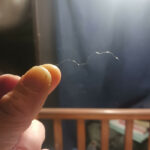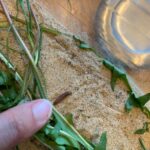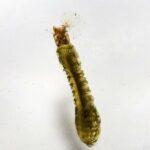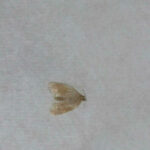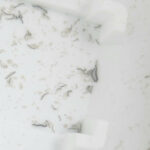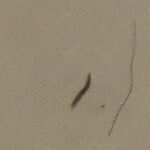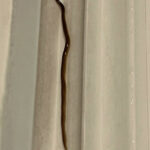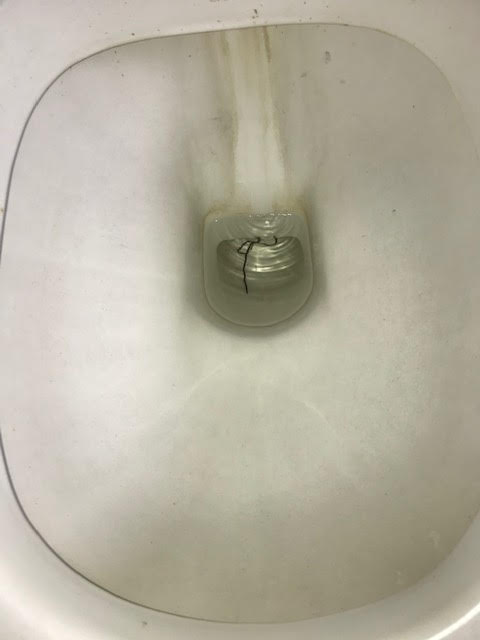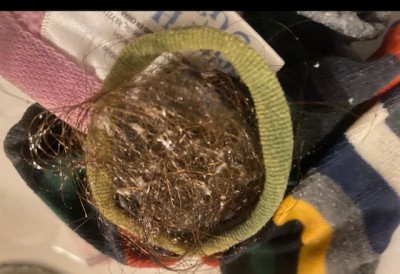Pinworms (also known as pin worms and pin worm) are tiny worms that live in the human intestinal tract. Pinworms are white, and are about the size of a staple. Although they are usually not terribly serious, they are of course not something you want to have, and can lead to unpleasant symptoms.
Pinworms infect many people throughout the world, with at least one estimate putting the number at 400million, a great number of whom are children.
Female pinworms leave the intestinal tract at night through the anus, and lay their eggs on the surrounding skin. This is what leads to the primary symptom of pinworms, which is an itching in the infected area. New pinworm infections are then transmitted to new hosts when the eggs are ingested by the new host. The eggs can survive for up to two weeks on clothing, bedding and other surfaces, and so are easily transmited when a child scratches at the infected area, and then doesn’t wash their hands well.
Pinworm is diagnosed by direct observation of the eggs. This is typically done by pressing a strip of adhesive against the suspected area of infected skin, and inspecting the adhesive under a microscope to see if any eggs have adhered to it. If a diagnosis of pinworms is made, the treatment is two single doses of an oral medication, the second following two weeks after the first.
According to the United States Center for Disease Control (CDC), the following measures can help to prevent pinworm transmission (and self reinfection):
“Change and wash your underwear each day. Frequent changing of night clothes are recommended.
Change underwear, night clothes, and sheets after each treatment. Because the eggs are sensitive to sunlight, open blinds or curtains in bedrooms during the day.
Personal hygiene should include washing hands after going to the toilet, before eating and after changing diapers.
Trim fingernails short.
Discourage nail-biting and scratching bare anal areas. These practices help reduce the risk of continuous self reinfection.
Cleaning and vacuuming the entire house or washing sheets every day are probably not necessary or effective.”
If you suspect that you or a family member may have pinworms, see your family doctor. Pinworms are usually relatively harmless, but left untreated they can be uncomfortable, and embarrassing.
Recommended reading:
All About Worms is always free, always reader-supported. Your tips via CashApp, Venmo, or Paypal are appreciated! Receipts will come from ISIPP Publishing.




